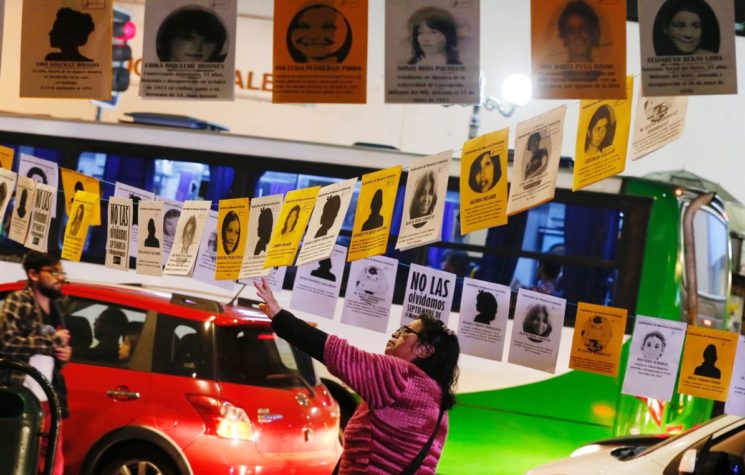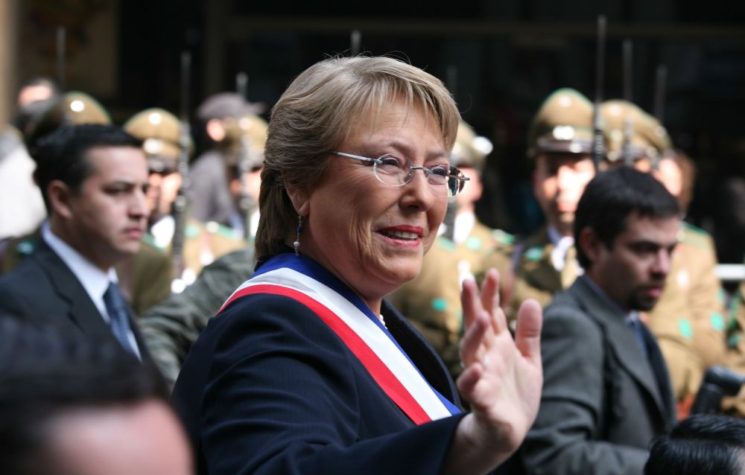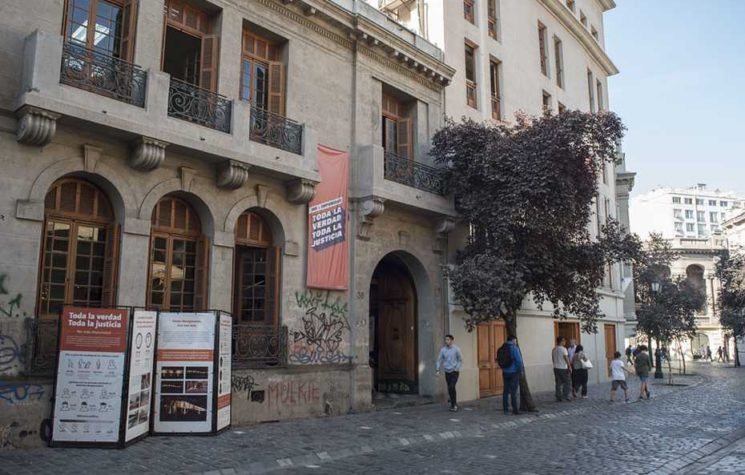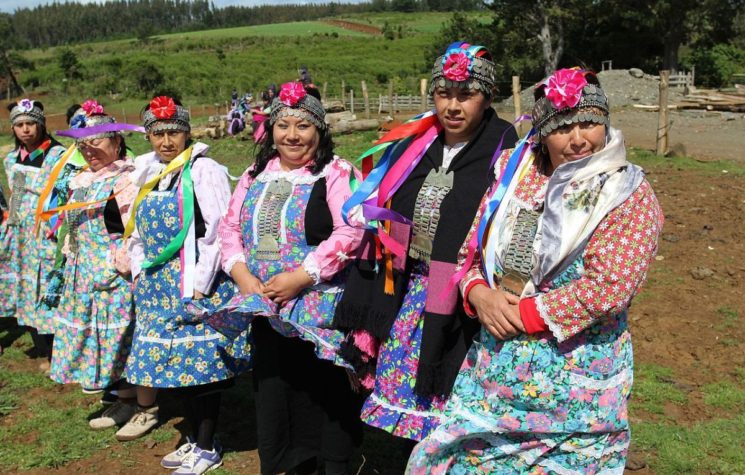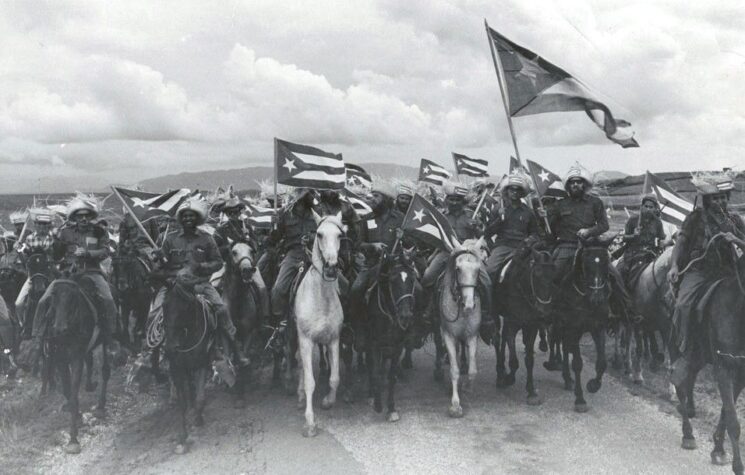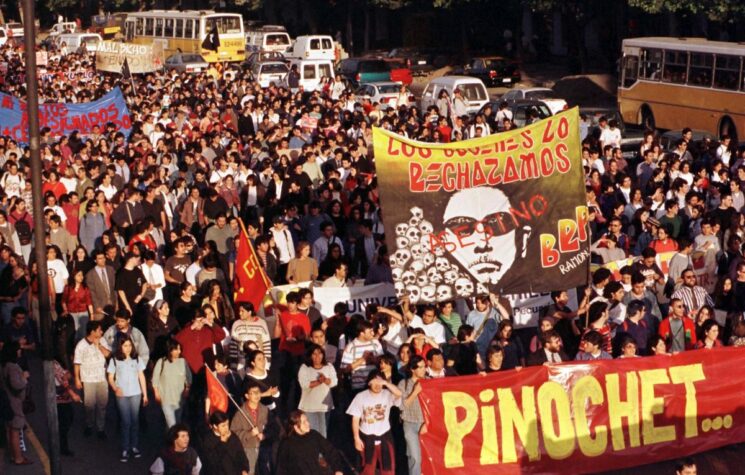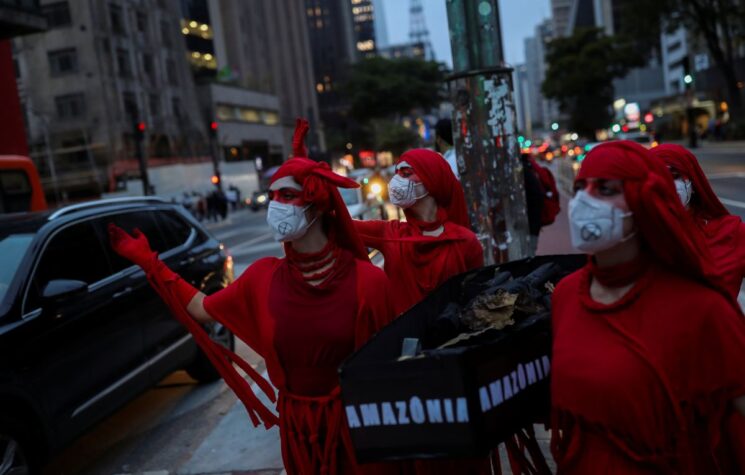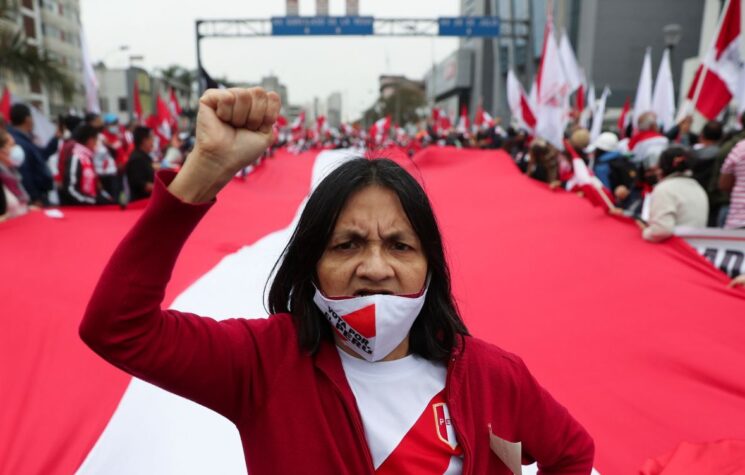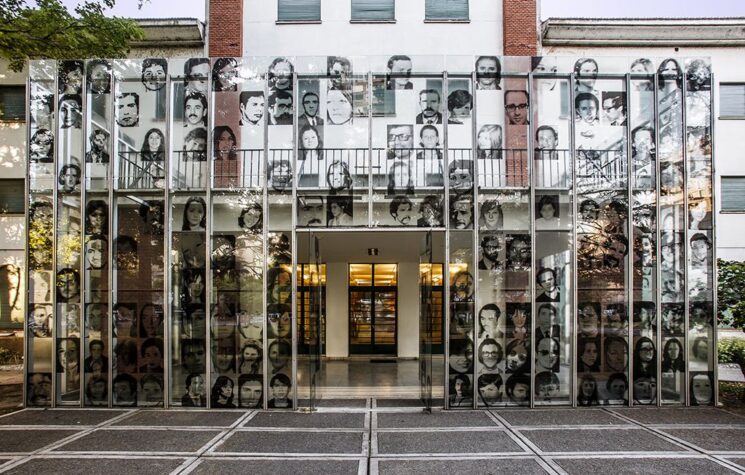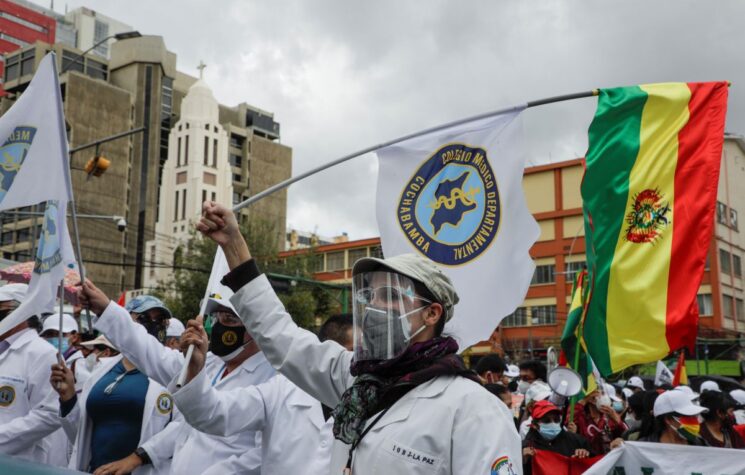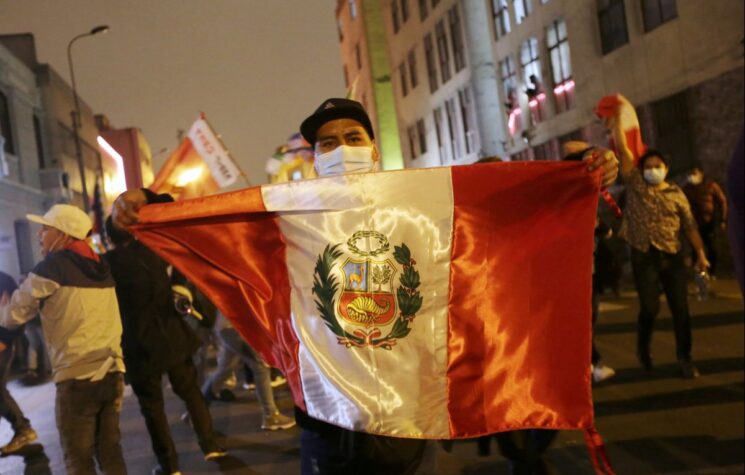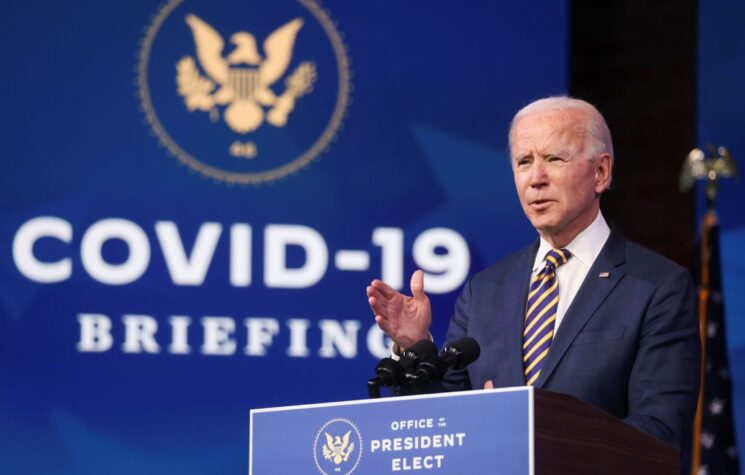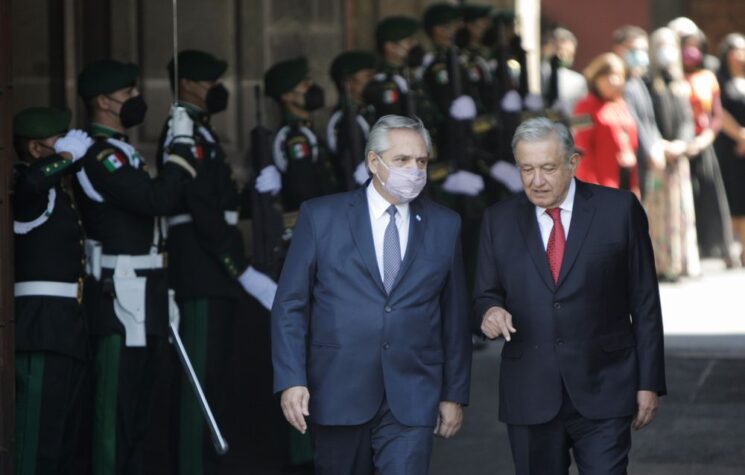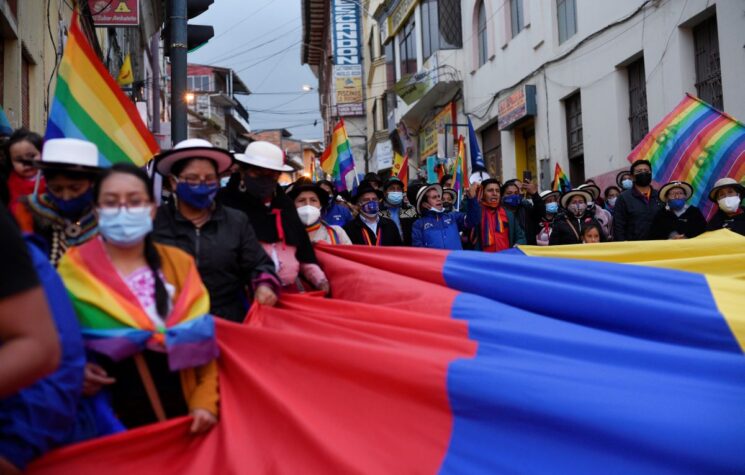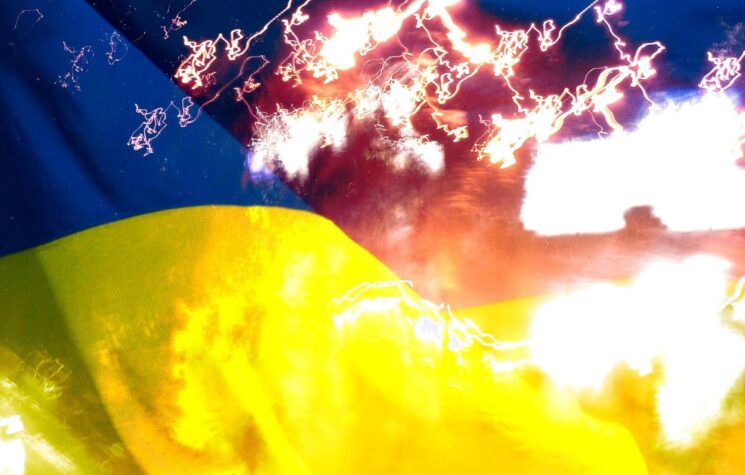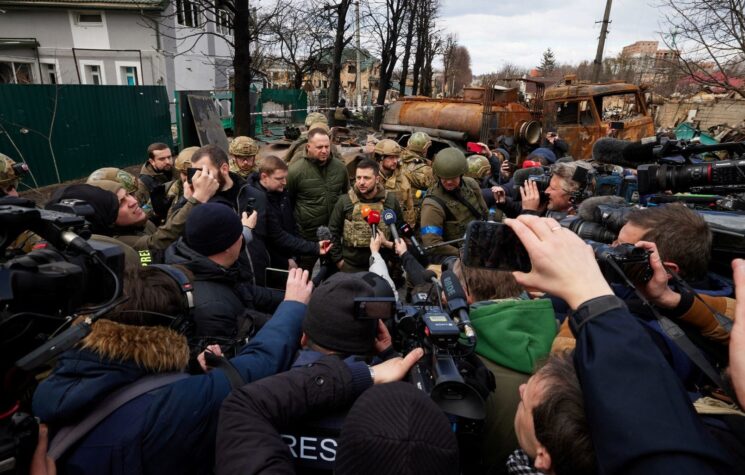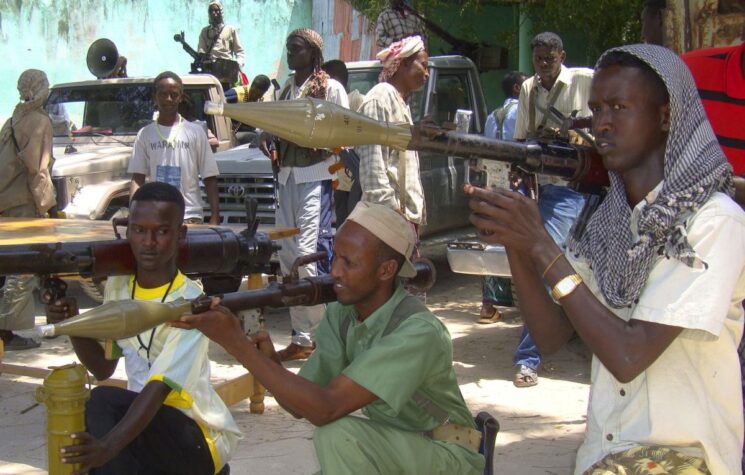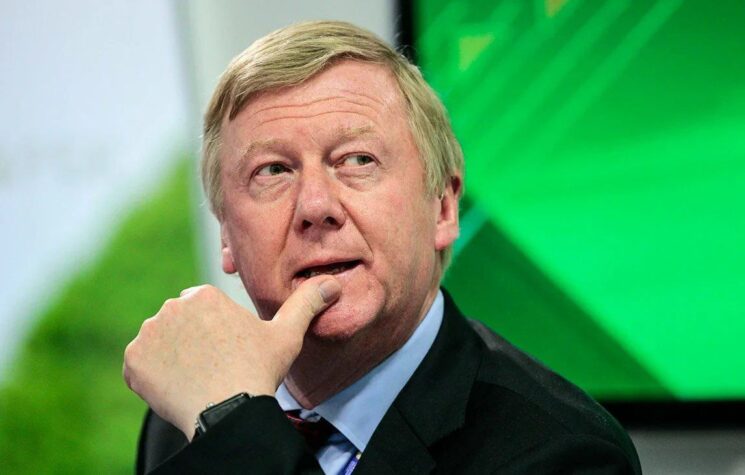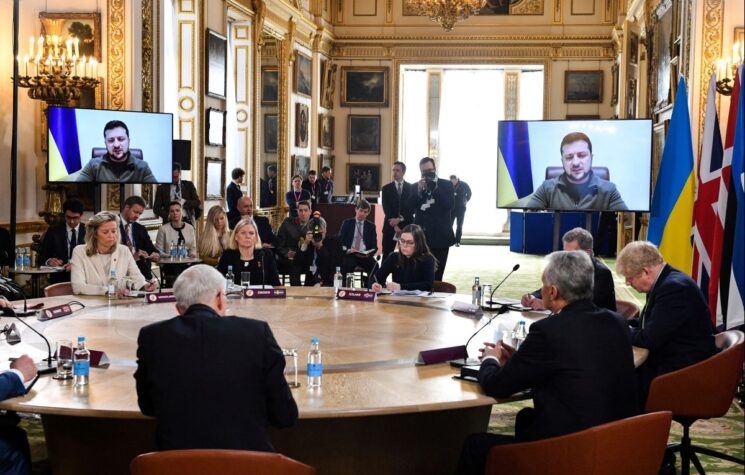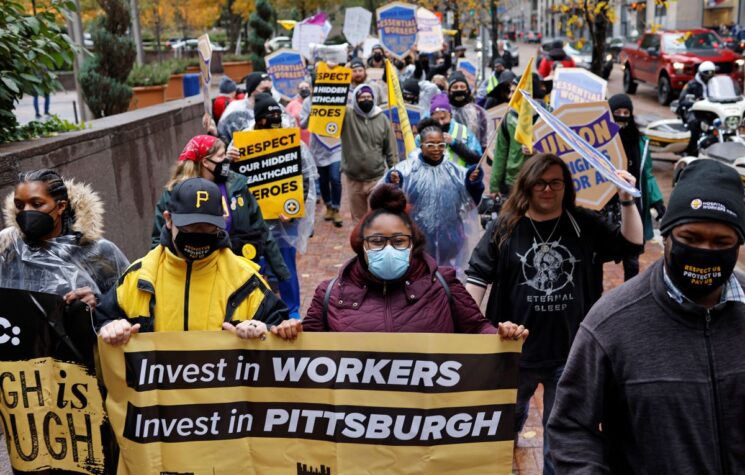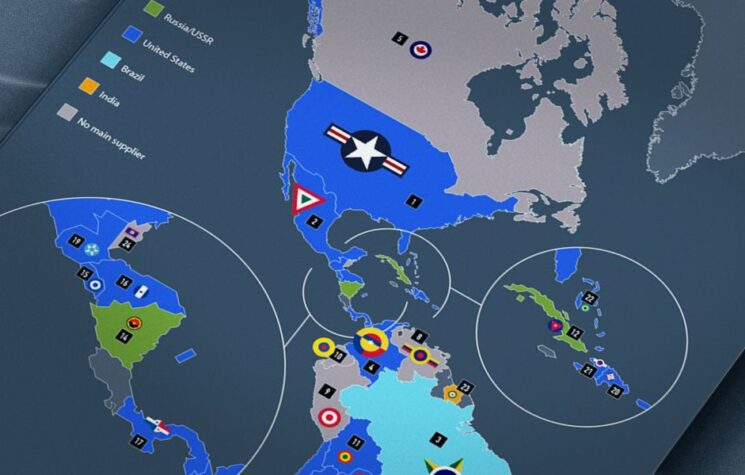This September marked 50 years since Salvador Allende’s Unidad Popular triumphed in the country’s democratic elections. On September 4, 1970, despite the CIA’s funding of right-wing politics to sabotage the electoral process, Chile chose socialism and was well on the way to prove that revolution could be carried out through democratic means – a process that created yet another hindrance for U.S. plans in the region. Since the triumph of the Cuban Revolution, the U.S. was concerned that Cuban influence would ripple through the region, but it had not considered that the people would overtly choose to free itself from U.S. hegemony through democratic elections; the latter being a long tradition in Chile.
Allende’s rule would not last long. On September 11, 1973, Chile’s socialist progress was truncated through a military coup backed by the CIA. The torture, killing and disappearances of left-wing opponents carried out by Chile’s National Intelligence Directorate were part of a process that ushered in neoliberalism and inequality, unravelling what Allende had planned for Chile, which was a brand of politics that required the people’s participation.
For Chile, September marks a month of losses. It is also, however, a reminder of a remaining option, and one that has not yet been realised to its full potential.
When the protests over the dictatorship constitution and neoliberal oppression erupted in Chile last year, Allende’s last speech, given before the military bombed the presidential palace La Moneda, was recalled repeatedly.
“The people must defend themselves, but they must not sacrifice themselves. The people must not let themselves be destroyed or riddled with bullets, but they cannot be humiliated either.”
As protestors in the streets faced military curfews and violence, ordered by President Sebastian Pinera, Allende’s words were akin to a prophecy. “Go forward knowing that, sooner rather than later, the great avenues will open again where free men will walk to build a better society.”
Chile’s transition to democracy has not distanced itself from Pinochet’s legacy. Inequalities in Chilean society have not been addressed and basic rights are more akin to privileges. Centre-left governments abandoned the principles embodied by Allende in favour of maintaining forms of social and political subjugation. Such abnegation of the historical process started by Allende left a political vacuum that was exploited by the right. There is little in terms of differentiation across the current political spectrum in Chile, and no recognition among the major political parties of the fact that Allende’s political program holds the key to building a sustainable Chile.
Allende sought a radical transformation which would have freed Chile from U.S. dominance. The nationalisation of national resources and a social program ensuring access to basic services and the eradication of poverty all required the people’s participation and awareness, namely due to the influence which imperialism held over Chile. To succeed, Allende required the foundations of a system in which people directly involved themselves in democratic governance; a stance which the U.S., of course, found unpalatable. A national transformation, through democratic processes which took into consideration the regional exploitation by the U.S., would have spelled a possible end, or diminished influence, of imperialism in Latin America.
One flaw in Allende’s plan, however, hastened the undoing of Chile’s socialist reform. Reliance upon the military and state actors at a time when mobilising the people to defend the revolution was a better option contributed to the coup’s facilitation. It was known that the CIA was funding opposition to Allende’s rule and Fidel Castro had warned Allende about the importance of arming the masses against possible military intervention. For Allende, however, democratic institutions took precedence in terms of how to preserve Chile’s revolutionary process. A miscalculation, and one that still has severe repercussions for Chileans, as militarisation and industrialisation take precedence in government policies.








